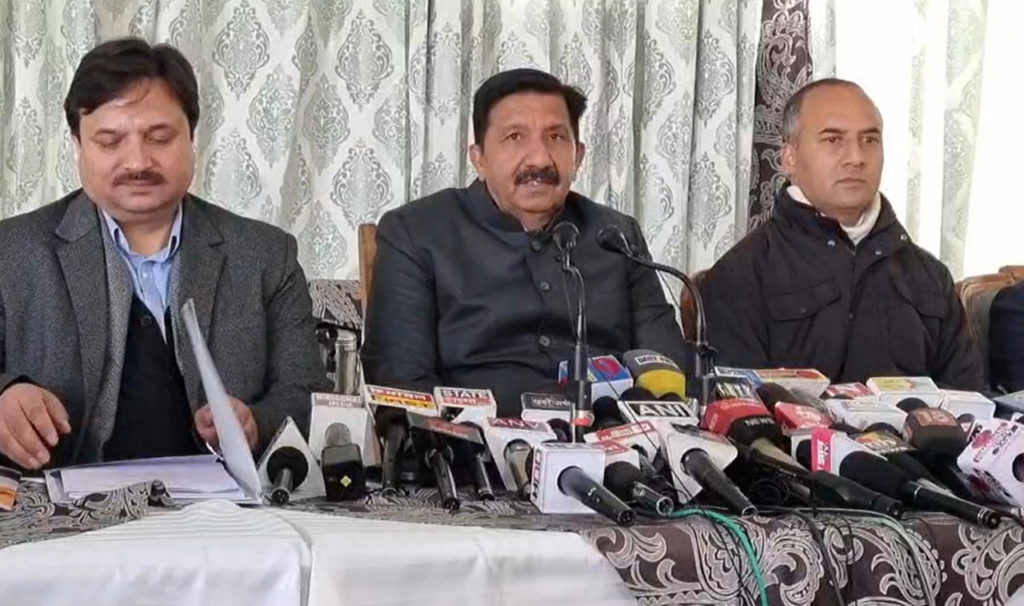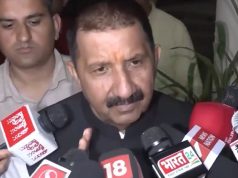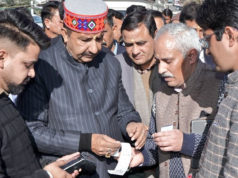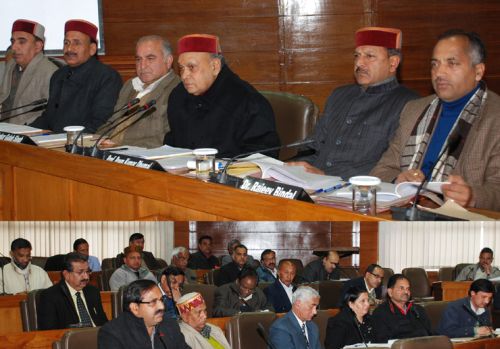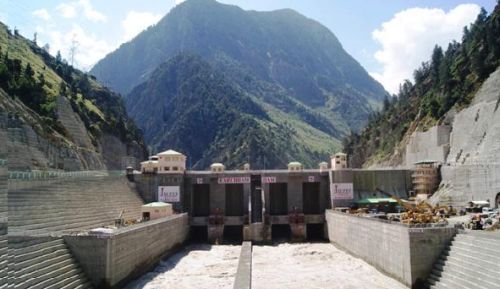Shimla – In a significant move towards environmental sustainability, Himachal Pradesh is set to introduce six registered vehicle scrapping and automatic testing centers within the state this year. Deputy Chief Minister Mukesh Agnihotri announced this development during a press conference in Shimla on Saturday, revealing that the initiative aims to retire 15-year-old government vehicles.
To facilitate the establishment of these scrapping centers, the government has invited tenders from interested individuals until January 31. The move is part of a broader strategy to promote cleaner transportation and reduce the carbon footprint of the state.
Effective immediately, the registration of government vehicles surpassing the 15-year mark has been cancelled, rendering them illegal and subsequently removing them from the official portal. These vehicles are slated for scrapping, marking a shift towards an eco-friendlier fleet. The state government also declared its commitment to exclusively purchasing electric vehicles moving forward, aligning with global efforts to combat climate change.
Furthermore, in a bid to enhance traffic management and enforcement, the government is on track to fully implement the e-challan system across the state by March 31, 2024. This digitized approach to traffic violations is expected to streamline the process and ensure more effective monitoring of road safety.
The Transport Department is gearing up for a technological leap by connecting 12 barriers to the Intelligent Traffic Management System by June 30. This integration is anticipated to enhance traffic flow and provide real-time data to improve overall road management.
In an effort to promote responsible driving habits from a young age, the government plans to launch a campaign to facilitate the issuance of driving licenses in schools. This initiative targets individuals who have reached the legal driving age of 18, making the licensing process more accessible and encouraging a culture of responsible driving.
Himachal Pradesh’s multifaceted approach, spanning from vehicle scrapping to advanced traffic management systems and educational initiatives, reflects a commitment to creating a sustainable and environmentally conscious transportation ecosystem. As the state embraces these changes, it sets a precedent for other regions to follow suit in the pursuit of a greener and cleaner future.


